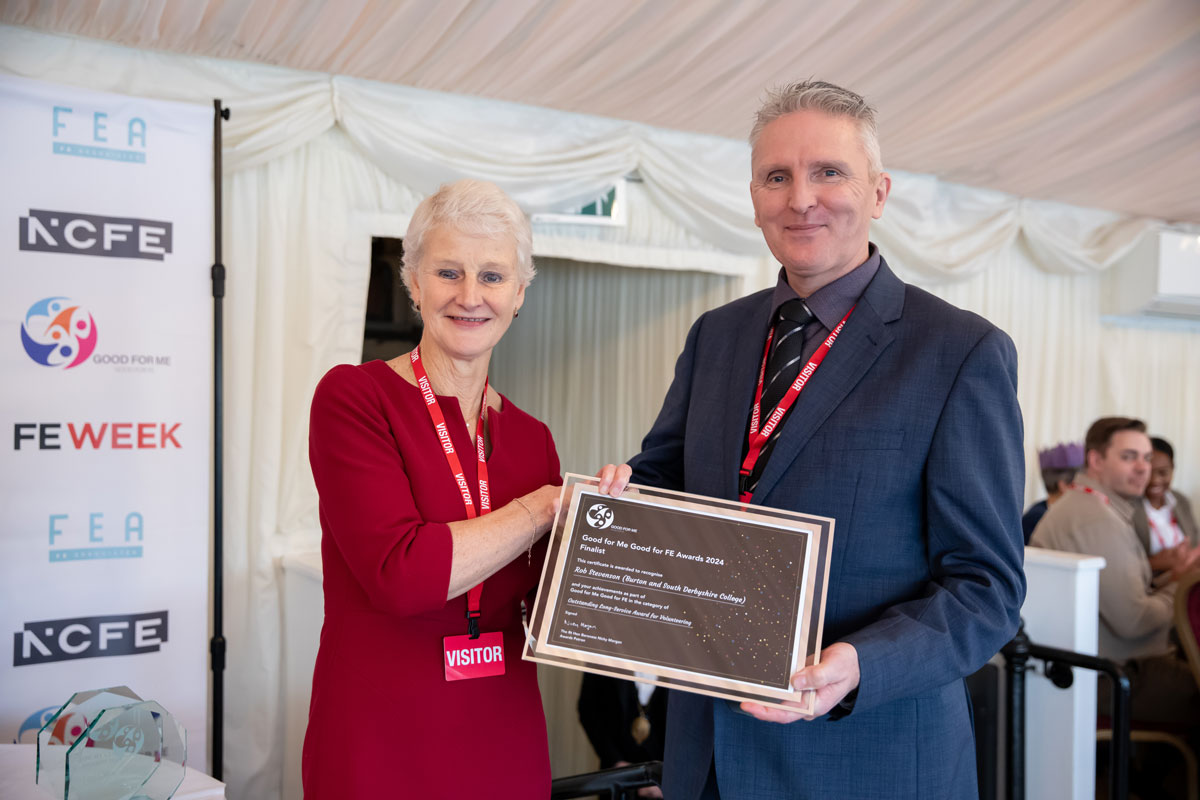NFER report into impact of Covid on primary school pupils’ progress

A new report by the National Foundation for Educational Research (NFER), looks at how primary school pupils’ progress was affected by Covid partial school closures. It finds that the youngest primary school pupils’ reading development was most affected by Covid shutdowns.
Paul Whiteman, general secretary of school leaders’ union NAHT, said:
“This report shows the scale of the challenge in helping children recover lost learning during the pandemic. Children in the first few years of school have undoubtedly been hit particularly hard as many had their pre-school years severely disrupted. Those years are absolutely vital when it comes to putting in place the building blocks for early reading.
“Schools have already been working incredibly hard to support those pupils who have been negatively affected by lockdowns and the good news is that we know good recovery progress is being made. Educators know what they are doing, and it is important that schools are allowed to focus on the strategies and programmes they know work best for the children in their schools.
“However, schools are still suffering from Covid disruption, with incredibly high levels of Covid-related absence over the winter for both pupils and staff. That has impeded the ability of schools to concentrate on the excellent recovery work they are doing. We can only hope that things will continue to improve next term – distractions must be kept to a minimum. Government must be prepared to give schools additional resources where they are needed.”
Geoff Barton, General Secretary of the Association of School and College Leaders, said:
“It is perhaps not surprising that the reading progress of Year 1 pupils was the most negatively impacted by Covid lockdowns. Schools worked very hard to teach them remotely but this is obviously particularly challenging with young pupils, and the ability of many parents to support them will have been constrained by having to juggle other responsibilities. It is a worry because confidence in reading is such a vital building block to learning.
“However, the improvement made for all year groups in reading and maths by last summer, when children had been back in school, is encouraging, and shows how good schools have been at addressing learning gaps. This is even more remarkable given that the recovery support they have had from the government has been both confused and inadequate.
“The NFER study finds strong evidence that the gap between disadvantaged children and their peers widened during the pandemic. Unfortunately, this is also not surprising as disadvantaged children often did not have access to a laptop or tablet, and may not have had a suitable space in which to work, as well as facing the many other challenges that come with disadvantage.
“The underlying problem is that, even before the pandemic began, it was estimated that it would take 500 years to close the disadvantage gap at the current rate of progress.
“This is what we need to urgently address as a society, and this can only really be achieved with a national strategy in which the government works with the education sector to bring about really significant change and improve the life chances of these young people.”











Responses